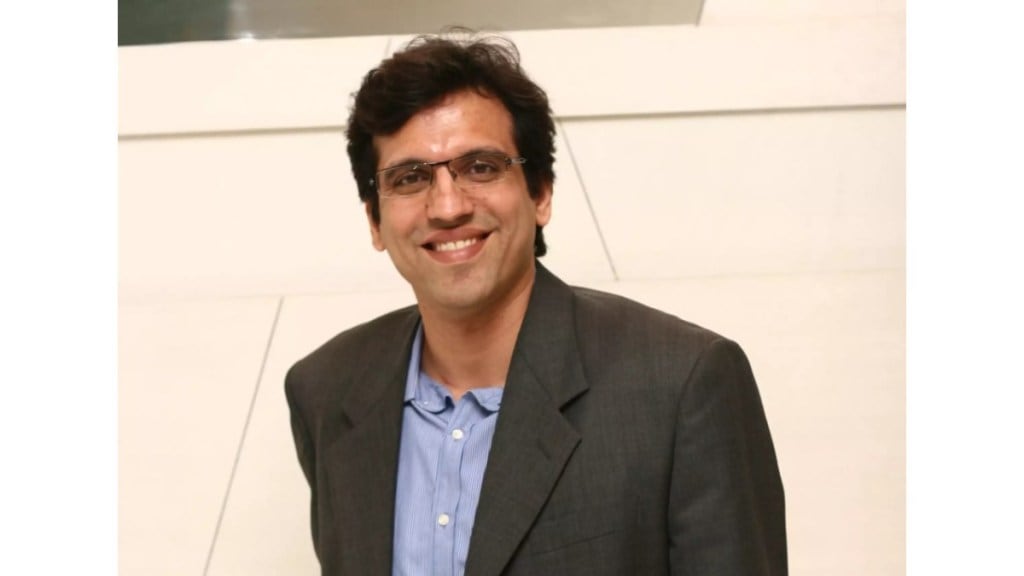130 tech companies laid off over 61,000 tech workers in 2025. The reason was artificial intelligence. Even though, the new technology has made lives and operations easier, it is being considered a big threat to jobs across the globe.
In this uncertain time, Hitesh Oberoi, co-promoter, MD and CEO of InfoEdge, has shared very significant insights on how AI disruptions will impact the job market.
As MD and CEO of InfoEdge, I’m often asked how AI will impact both, the Indian job market and our business. I’d like to share a balanced perspective on what we’re seeing and expecting. 🧵 #AI #FutureOfWork
— Hitesh Oberoi (@hitobs) May 19, 2025
‘AI would mean more job opportunities and higher salaries’
While acknowledging AI’s potential moderating hiring growth in traditional IT services companies, he said, “While some roles will be automated, we’re seeing new positions emerge. Oberoi emphasised that the net impact is more likely to be a shift in required skills, and not necessarily fewer jobs.
“Companies that primarily offer basic application development and testing may hire fewer entry level programmers. But the same companies or newer ones will also aggressively recruit for AI implementation, prompt engineering, and domain specialists,” Oberoi stated.
The impact of AI is also expected to change the compensation ecosystem. He said, “AI capable professionals may see 40-70% salary jumps when changing jobs, while traditional roles face wage stagnation.” This growing disparity could lead to a highly bifurcated job market.
Oberoi sees a unique opportunity for India in the global AI arena. He mentioned that due to the shortage of AI specialists and India’s strong foundation in technical education, India has the potential to become a global AI talent hub, only if its skill development ecosystem evolves.
The impact of AI will vary across sectors, with healthcare, education, and financial services in underserved regions potentially seeing massive opportunities. However, customer service, operations, and administrative roles may face a higher risk of automation.
AI could bolster India’s growth story
In a very optimistic approach, Oberoi foresees,“India achieve 6-7% GDP growth with fewer net new jobs due to AI-driven productivity gains.” Alternatively, AI could fuel even faster economic growth, leading to the creation of more jobs overall, potentially offering higher wages and better working conditions than those automated.
Message for Job Seekers
For job seekers, the message is clear: “focus on developing skills that complement AI, such as problem-solving, creativity, domain expertise, and AI literacy. Continuous learning will be crucial.”
He added, “companies won’t just hire differently—they will structure and organise differently.
He feels, companies, too, will need to adapt, moving towards flatter hierarchies, more project-based work, and hybrid teams of humans and AI. Organisations that overhaul their entire operating model will likely outperform those merely implementing AI tools.


